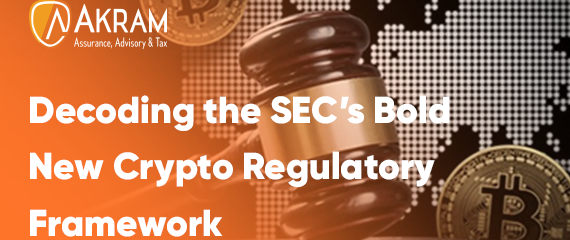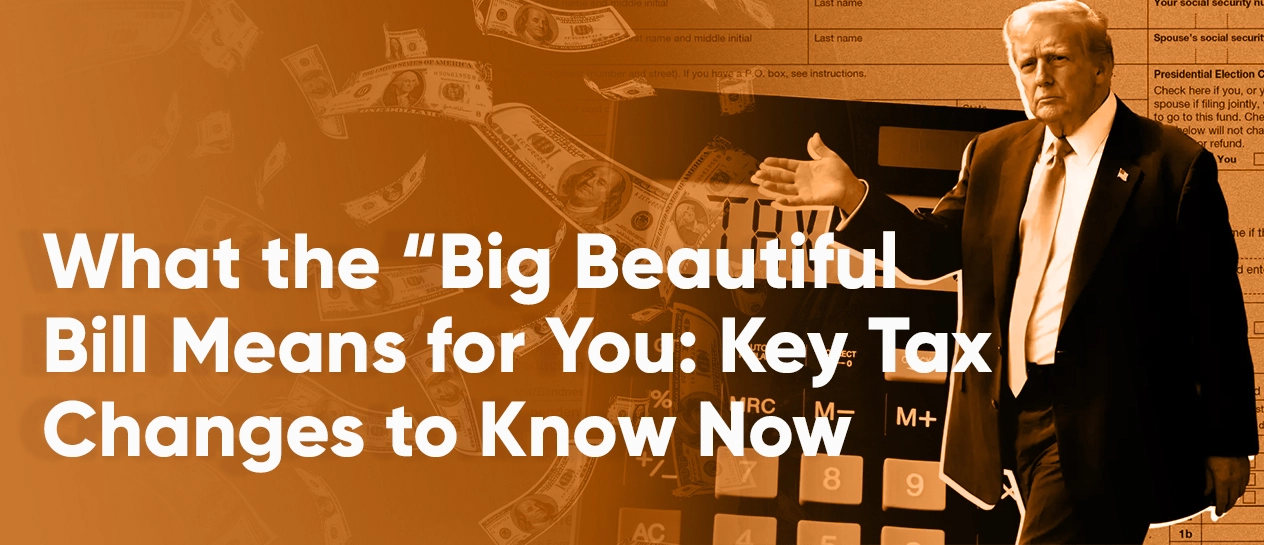The Senate on August 10 voted to pass a $1 trillion bipartisan infrastructure bill (H.R. 3684, the INVEST in America Act) that includes $550 billion in new spending on highways, bridges, waterways, transit, airports, the electric grid, and broadband.
The Senate bill includes other tax and non-tax offsets, including a new cryptocurrency information reporting requirement that is the subject of ongoing debate and a measure reinstating Superfund excise taxes on chemicals.
President Biden and moderate Democrats in the House and Senate may push for final passage of infrastructure legislation before all work is completed on a reconciliation bill.Approval of a budget resolution with identical reconciliation instructions by both chambers would provide the procedural protections needed to enact a reconciliation spending and tax bill with only Democratic votes. Support of all 50 Democratic Senators and virtually all House Democrats would be needed to pass such legislation over the objections of Congressional Republicans.
Corporations and individuals should assess the potential effects of increased federal support for infrastructure on the US economy.
Senate passes bipartisan infrastructure bill
The Senate-passed infrastructure bill extends current transportation authorization legislation and related fuel excise taxes while increasing current funding levels by $550 billion over the next eight years. Under the legislation, current federal highway-related excise taxes are extended through September 30, 2028.
With the addition of $550 billion in new funding, the overall package provides $1 trillion over eight years for infrastructure improvements that include highways, bridges, waterways, transit, airports, the electric grid, and broadband. The legislation is intended to reduce permitting time for larger infrastructure projects while maintaining environmental standards. The bill’s sponsors also have stated that the legislation makes investments on infrastructure needed for a low-carbon economy and helps to reduce emissions and improve the environment.
Tax offsets include:
- A new cryptocurrency information reporting requirement
- Reinstatement and modification of Superfund excise taxes on chemicals
- Extension of interest rate smoothing options for defined benefit plans
- Modifications to private activity bond provisions (for additional financing of projects)
- Sunsetting the COVID-19 employee retention tax credit after September 30, 2021.
The cryptocurrency provision is one of many which the House may address when it considers the Senate infrastructure bill. Both chambers must agree on a final identical version of the legislation before it can be signed by President Biden. The Congressional Budget Office (CBO) has projected that the bill would increase the federal deficit by $256 billion over 10 years.
Budget resolution debate
The Senate is set to begin consideration of a fiscal year 2022 budget resolution that provides reconciliation instructions intended to advance parts of President Biden’s economic agenda that are not included in the Senate-passed bipartisan infrastructure bill.
The Senate Finance Committee is expected to consider revenue-raising proposals offered by President Biden that include a corporate rate increase, international tax changes, an increase in the top ordinary individual income tax rate, and changes to the taxation of investment income. The Finance Committee also may consider additional revenue-raising proposals offered by members of Congress.
For example, Finance Chairman Wyden recently released draft bills that
- limit and modify the Section 199A 20% deduction for certain pass-through business income;
- modify the treatment of derivatives and expand the scope of the mark-to-market rule; and
- modify the treatment of carried interest income by investment fund managers and end the deferral of certain tax payments.
Fiscal deadlines ahead
The House and Senate will be facing a number of fiscal deadlines when they reconvene in September. Congress next month is expected to consider a ‘continuing resolution’ to maintain funding for federal departments and agencies beyond September 30 when current government funding legislation expires.
A debt limit measure potentially could be included in the budget reconciliation bill or could be addressed in September along with a short-term government funding continuing resolution.



